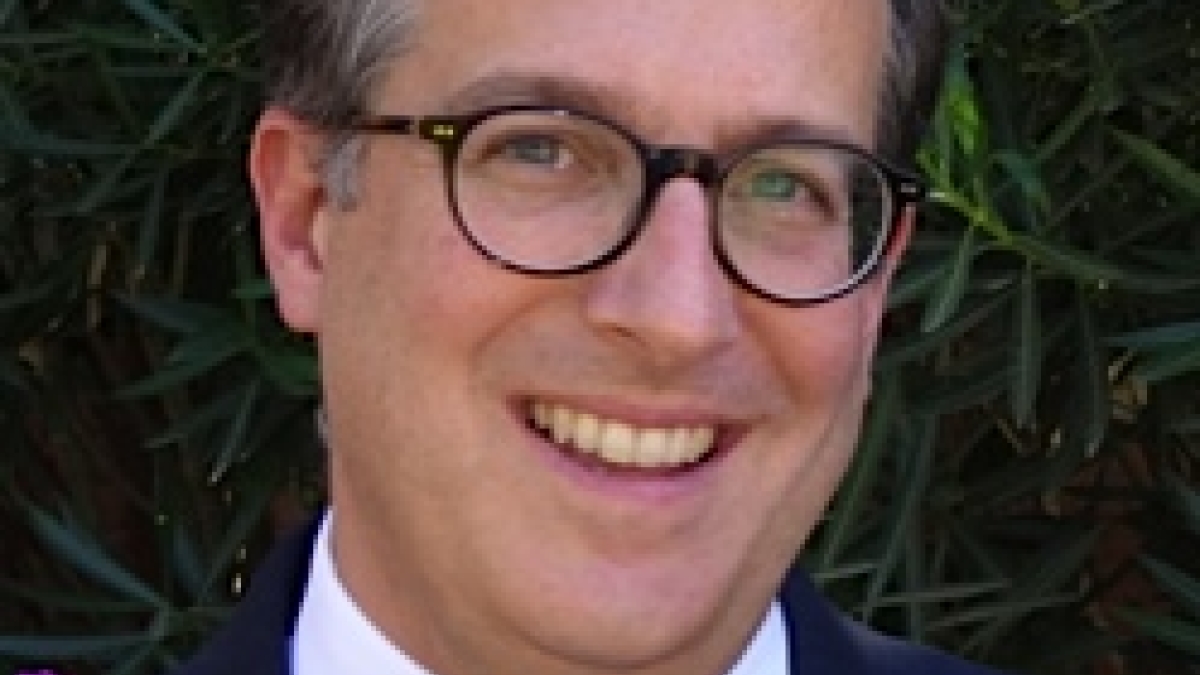$1M Carnegie Investment Fund to launch high-impact ASU projects in humanities

ASU President Michael M. Crow has created a $1 million Carnegie Humanities Investment Fund (CHIF) to launch high-impact, collaborative projects in the humanities. Open to any faculty member doing work in the humanities, the fund is supported by President Crow’s $500,000 Carnegie Corporation Academic Leadership Award and another $500,000 from the president’s initiative fund.
“What we hope to accomplish is to enhance the means through which human cultures understand themselves. Projects that are collaborative and built upon robust infrastructure can infuse humanities across all academic areas to change the world for the better,” said George Justice, dean of humanities in the College of Liberal Arts and Sciences and associate vice president for humanities and arts in the Office of Knowledge Enterprise Development (OKED).
According to Justice, humanities projects already under way will be considered, but he will speak to any faculty member who believes he or she has an appropriate proposal. Justice envisions such possible interdisciplinary project areas as medical humanities, sustainability humanities, computational history and creating an infrastructure for oral history projects.
He emphasized that the fund provides only seed funding, and the projects must be large-scale, with a team in place and a plan for acquiring external support.
"This important investment further solidifies ASU's commitment to advancing humanities and recognizes the immense contribution of humanities to many disciplines and every aspect of our lives,” said Sethuraman “Panch” Panchanathan, senior vice president of OKED. “Our approach to scholarly and research activities in humanities has made ASU a national model and CHIF will further strengthen the growth of innovative projects.”
Humanities research has often focused on the individual scholar pursuing projects generated by the scholar's background and an informal survey of interests of the research community. The research product is generally a publication in either journal article or book form, mostly intended for reading by fellow scholars. Impact largely remains within the scholarly community, which assesses the extent of impact through book reviews and often poorly counted citations in future publications.
Funding for traditional humanities research has largely focused on buying out teaching time of faculty members and providing access to unique archival resources. In contrast, funding provided by the CHIF will focus on the technological and human infrastructure that will enable new modes of research with a wide variety of research products, many of which will be iterative, with commercial as well as academic impact.
Some projects funded by the CHIF will be internal to ASU, but others will include collaborations with other institutions, including cultural institutions in Arizona and universities in the United States and internationally.
With ASU already home to one of the top-funded set of humanities researchers nationally, the CHIF seeks to have major influence on humanities research, and have critically important impact on a world that is hungry for knowledge about the past, present and future of humanity in a complex and rapidly changing world, said Justice.
The fund provides opportunities for scholars in the humanities to change both the content and the nature of their work.
The process for the Carnegie Humanities Investment Fund will follow the process of the already-successful President's Strategic Investment Fund at ASU. Justice, as the dean of humanities in the College of Liberal Arts and Sciences, will be responsible for evaluating projects and recommending awards.

